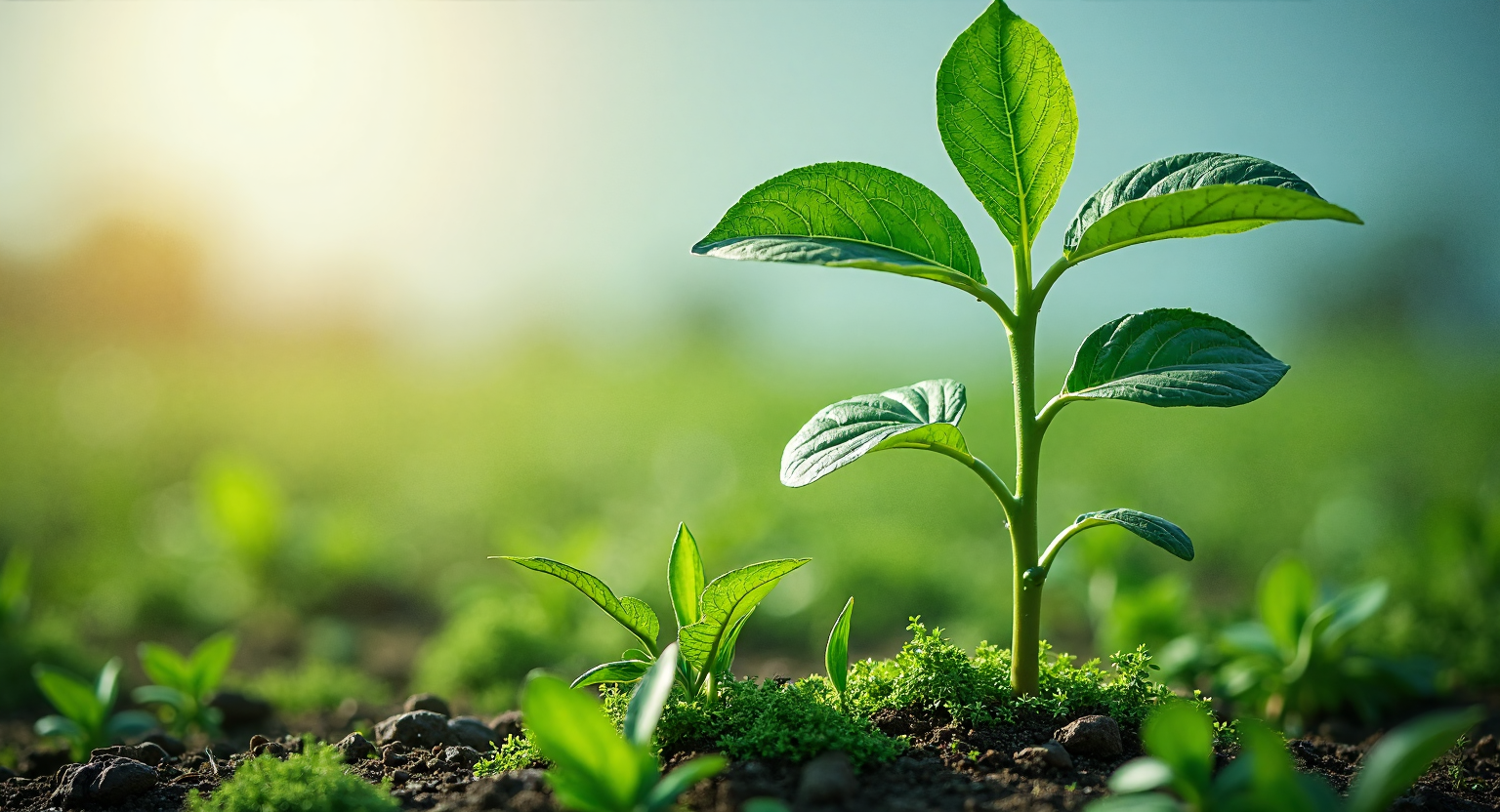
Green Economy and Sustainable Careers in South Africa
South Africa, with its rich biodiversity and natural resources, faces the dual challenge of addressing socio-economic inequalities while transitioning to a sustainable, low-carbon economy. This presents a unique opportunity for the development of a thriving green economy, creating numerous sustainable career opportunities.
South African Context
South Africa’s commitment to sustainable development is reflected in its National Development Plan (NDP) and its Nationally Determined Contribution (NDC) under the Paris Agreement. The country is actively pursuing renewable energy sources, promoting energy efficiency, and investing in sustainable infrastructure. However, challenges such as unemployment, skills gaps, and access to finance remain.
Market Trends
The renewable energy sector is experiencing rapid growth, driven by government incentives and declining technology costs. The demand for green building materials and sustainable tourism is also on the rise. Furthermore, the circular economy model is gaining traction, offering new opportunities in waste management, recycling, and resource recovery.
Laws and Regulations
South Africa has implemented several policies and regulations to support the green economy, including the Renewable Energy Independent Power Producer Procurement Programme (REIPPPP), the Carbon Tax Act, and the Waste Act. These frameworks provide a supportive environment for green businesses and investments.
Opportunities
The green economy offers a wide range of career paths across various sectors:
- Renewable Energy: Jobs in solar, wind, hydro, and biomass energy, including engineering, installation, maintenance, and project management roles.
- Green Building: Architects, engineers, and construction professionals specializing in sustainable building design and materials.
- Sustainable Agriculture: Organic farming, permaculture, and sustainable water management practices.
- Environmental Management: Conservationists, environmental consultants, and park rangers.
- Circular Economy: Waste management specialists, recycling professionals, and product designers focused on resource efficiency.
Examples and Statistics
The REIPPPP has attracted billions of Rands in investment and created thousands of jobs. The growth in the solar PV industry has been particularly significant. Furthermore, the green building sector is witnessing increasing demand for green-certified buildings, driving job creation in this area.
Analysis
The transition to a green economy requires a skilled workforce. Investing in education and training programmes to bridge the skills gap is crucial. Collaboration between government, industry, and educational institutions is essential to ensure that the workforce is equipped with the necessary skills for green jobs.
Furthermore, access to finance for green businesses and entrepreneurs remains a challenge. Innovative financing mechanisms and support programmes are needed to stimulate growth in the green economy.
The green economy presents a significant opportunity for South Africa to achieve sustainable development and create a more inclusive and prosperous future. By embracing green technologies, promoting sustainable practices, and investing in skills development, the country can unlock the full potential of the green economy and create a brighter future for all.
Conclusion
The green economy is not just an environmental imperative; it is also an economic opportunity. By embracing sustainability, South Africa can create jobs, drive economic growth, and address pressing social and environmental challenges. The future is green, and the time to act is now.
